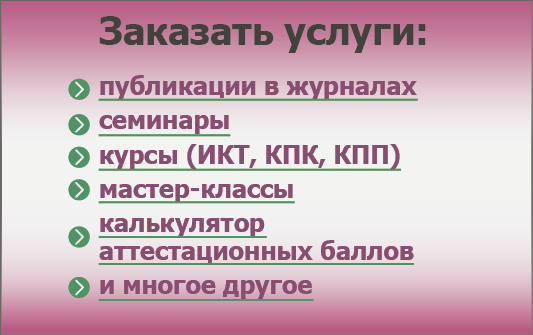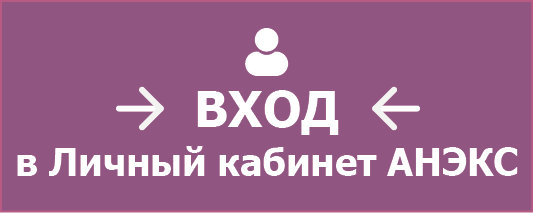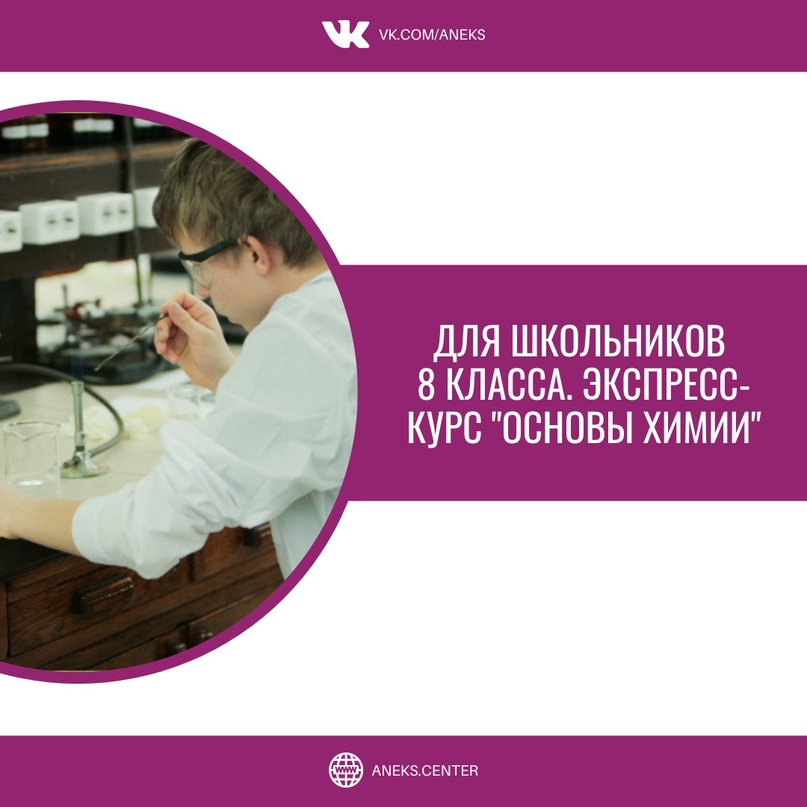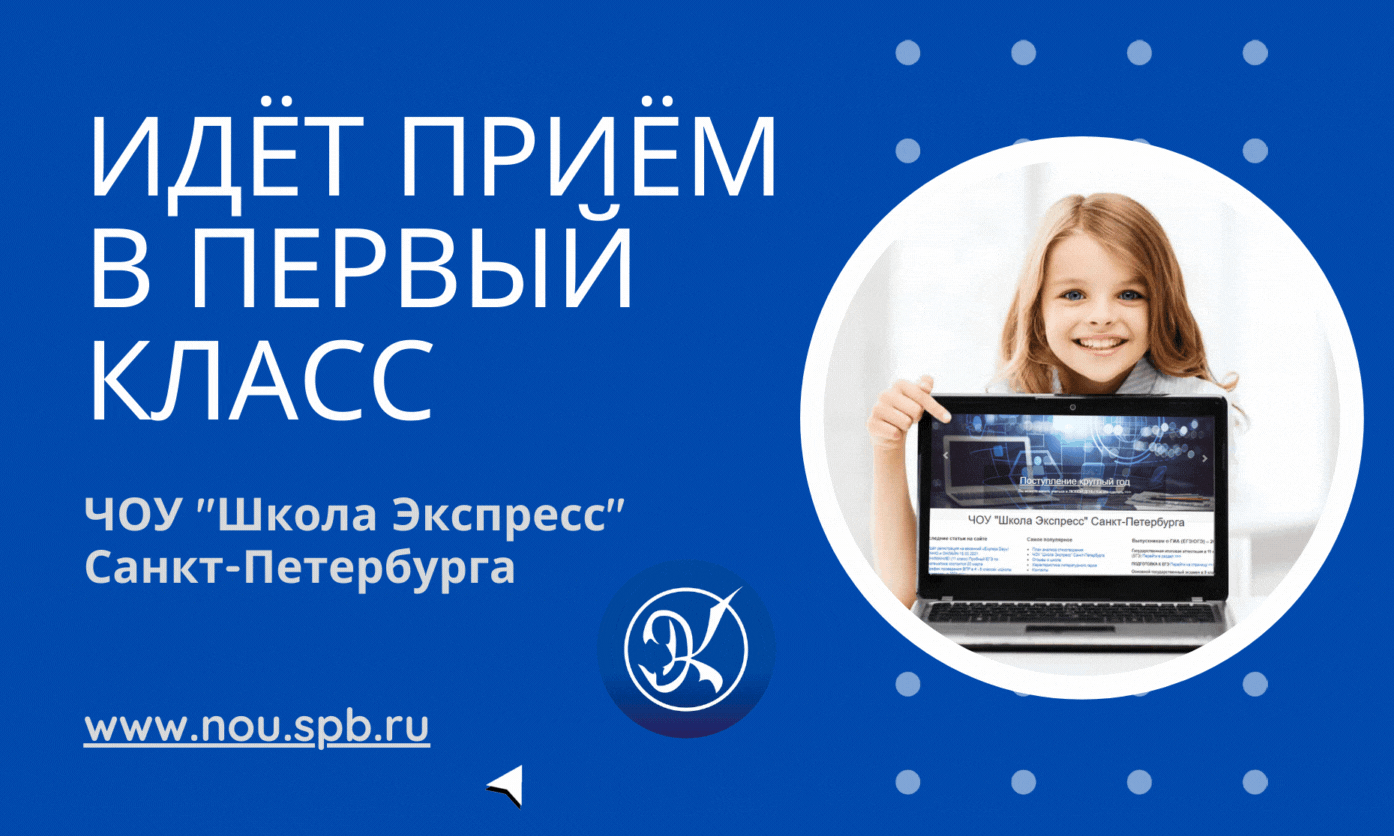Комплекс упражнений для закрепления настоящих
и прошедших времён английского языка в старших классах
Могутова Мария Сергеевна,
учитель английского языка
ЧОУ “Школа Гран”
Проблема правильного употребления настоящих и прошедших времён является сложностью для тех, кто изучает английский язык. Для людей, планирующих изучение английского, времена играют важную роль. Это одна из сложных тем, понимание которой является залогом правильного построения предложений на английском языке. В современных грамматиках существуют различные подходы к выделению времени глагола иностранной речи. Согласно классической версии, существует 12 временных форм.учитель английского языка
ЧОУ “Школа Гран”
Согласно классическому подходу, выделяют три формы:
- прошедшее время (Past);
- настоящее время (Present);
- будущее время (Future).
В настоящей разработке мы попытались предложить вашему вниманию комплекс упражнений, которые помогут учащимся закрепить знание наиболее сложных времён английского языка. Представлены упражнения на отработку 4 настоящих и 4 прошедших времени.
1.Раскройте скобки, употребляя глаголы в одном из следующих времен: Present Simple, Present Continuous, Present Perfect, Present Perfect Continuous.
- He (to run) now. He (to run) for ten minutes without any rest.
- What they (to do) now? — They (to work) in the reading-room. They (to work) there for already three hours.
- Where he (to be) now? — He (to be) in the garden. He (to play) volley-ball with his friends. They (to play) since breakfast time.
- I (to live) in St. Petersburg. I (to live) in St. Petersburg since 1990.
- She already (to do) her homework for two hours; but she (not yet to do) half of it.
- I (to wait) for you since two o'clock.
- What you (to do)? — I (to read). I (to read) for already two hours. I already (to read) sixty pages.
- This man (to be) a writer. He (to write) books. He (to write) books since he was a young man. He already (to write) eight books.
- What you (to do) here since morning?
- Lena is a very good girl. She always (to help) her mother about the house. Today she (to help) her mother since morning. They already (to wash) the floor and (to dust) the furniture. Now they (to cook) dinner together.
- This is the factory where my father (to work). He (to work) here for fifteen years.
- You (to find) your note-book? — No! I still (to look) for it. I already (to look) for it for two hours, but (not yet to find) it.
- You (to play) with a ball for already three hours. Go home and do your homework.
- Wake up! You (to sleep) for ten hours already.
- I (to wait) for a letter from my cousin for a month already, but (not yet to receive) it.
2. Раскройте скобки, употребляя глаголы в Past Simple, Past Continuous и Past Perfect, Past Perfect Continuous
- By eight o’clock yesterday I (to finish) my work .
2. At six o’clock father (to rest ) at home.
__________________________________________________________
3.Yesterday grandmother (to wash) all the dishes. _______________________________________________
4. When I (to meet) Tom, he (to eat) an ice-cream ._________________________________________________
5. When father (to come) home, we already (to cook) the mushrooms .___________________________________________
6. After I (do )homework, I (go ) for a walk.
____________________________________________________________
7. When I (to come) home yesterday, I (to see) that my little brother (to break) my pen and (to play) with its pieces.
______________________________________________________
8. When I (to open) the door of the classroom, students (to write) a test.
____________________________________________________________
9. When I (to come) home my sister (to read) a book which she (to bring) from the library.___________________________________________________
10. We (to come ) home, (to have) dinner and (to start) to do lessons. _____________________________________________
11. When I (to ring) up Mike, he still (to learn) the poem.
___________________________________________________________
12. When I (to come ) home, he already (to leave). ___________________________________________________________
13. I (to wait) for him since morning but he didn’t come.
_______________________________________________________________
14. He (swim) since 5 pm when they came.
3. Раскройте скобки, употребляя глаголы в форме Past Simple или Past Continuous.
1. She (to cook) yesterday.
2. She (to work) at three o'clock yesterday.
3. She (to do) H/W from two till four yesterday.
4. I (not to read) the whole day yesterday.
5. I (not to read) when you came in.
6. When he (to wash) the dishes, he (to break) a plate.
7. When I (to meet) her, she (to go) to the office.
8. Pete (to water) flowers in the garden yesterday.
9. Pete (to water) flowers in the garden at five o'clock yesterday.
10. . The young people (to dance) when I (to come) to the party.
11. What he (to do) when I came?
4. Put the verbs in brackets into the correct PAST forms.
- You … (not to phone) me by the end of the week.
- I … (not to try) such a delicious cake before.
- Clara … (never to be) to the Pyramids before.
- Mary … (to take) a bath at nine o’clock yesterday evening.
- Polly … (to study) economics since she entered university.
- Monica and her friend … (to have) coffee in the sitting room at 7 pm.
- Our granny … (not to plant) tomatoes in the garden last summer.
- Mark … (to finish) his work by 6 o’clock yesterday.
- We … (already to give) our projects to the teacher.
- After Sandra … (to do) the shopping , she (to rest).
- My sister … (to practise) for two months before that concert.
- The boys … (to fish) for three hours before Tom caught the first fish.
- We … (to discuss) that problem for more than an hour before we found the right solution.
- Driving to the hospital was difficult as it … (to snow) all night.
- You … ( to listen) to the radio while we … (to read) the letter from your niece.
- Sally and Frank … (not to decorate) the classroom at 6 pm yesterday, they … (to prepare) a wall newspaper.
- Alison___________ (to have) lunch at two o’clock yesterday.
- Edward and Henry_________ (to play) the guitar all the evening.
- Ben____________ (to run) in the park yesterday.
- I__________(to speak) to the manager from three to half past five last Thursday.
- Put the right tense - Past Simple/Past Continuous
- I (to play) computer games yesterday.
- I (to play) computer games at five o'clock yesterday.
- He (to play) computer games from two till three o’clock yesterday.
- They (to drink) tea when I (to come) home.
- He (to walk) along the river when a boat (to pass).
- When I (to come) to my friend's place, he (to watch) TV.
- When I (to see) my friends, they (to play) football.
- The old man (to think) about his plan when he (to fall) asleep.
- Put the right tense - Past Simple/Past Perfect/Past Perfect Continuous
2. When father (to return) from work, we already (to do) our homework.
3. Nick (to show) the teacher the picture which he (to draw).
4. Mother (to see) that Nick (not to wash) his hands.
5. The teacher (to understand) that Lena (not to do) her homework.
6. She (to work) for two hours when he came.
7. He (to read) the book since 6pm when we called him.
Заключение
Комплекс упражнений, представленных в данной разработке, помогут учителям проверить уровень усвоения учащимися времён английского языка, закрепить полученные знания на практике.










